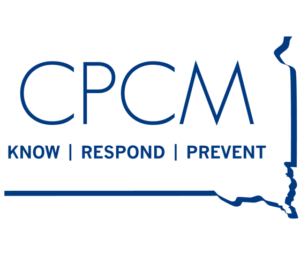Center for the Prevention of Child Maltreatment Releases State of South Dakota Children’s Wellbeing: 2023 Report
Earlier this month, with support from the South Dakota Department of Education, the Center for the Prevention of Child Maltreatment (CPCM) at the University of South Dakota released The State of South Dakota’s Children’s Wellbeing: 2023 Report.
Darla Biel, Interim Director, Center for the Prevention of Child Maltreatment stated, “To prevent child abuse and neglect and help children reach their full potential, it’s crucial to provide them with safe, stable, and nurturing relationships and environments. This first-of-its-kind comprehensive report is a tool for communities to collaborate across prevention efforts related to suicide, sexual violence, child maltreatment, and bullying to address violence happening now, and to prevent violence from happening in future generations.”
Children who witness violence or live in homes or communities where violence is prevalent are at a higher risk for experiencing violence or perpetrating violence against themselves or others. Families and other supportive adult relationships are crucial for youth. In fact, these influences on the lives of youth protect against violence. This report compares South Dakota to the nation, and where the data is available, differences seen across counties in South Dakota on these shared risk and protective factors. It contains over 100 indicators to measure shared risk and protective factors across all forms of violence, which are interconnected and often share the same root causes.
Tracey McMahon, first author of the report notes “Youth suicide and sexual violence rates are high in South Dakota. To maximize prevention resources, community partners, decision-makers, and caring adults can align efforts to focus on shared risk and protective factors of both sexual violence and suicide such as community connectedness, parent-child relationships, and community economic opportunity, which are measures found in the report.”
CPCM created briefs highlighting important data in the report and has provided examples of how caring adults and leaders in our communities can use the report. To request data support and guidance in utilizing this report please reach out to CPCM.

